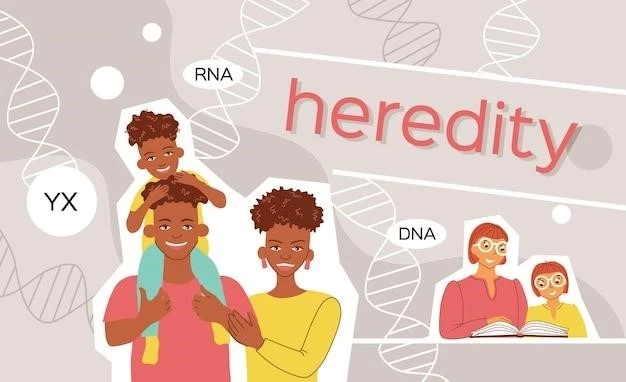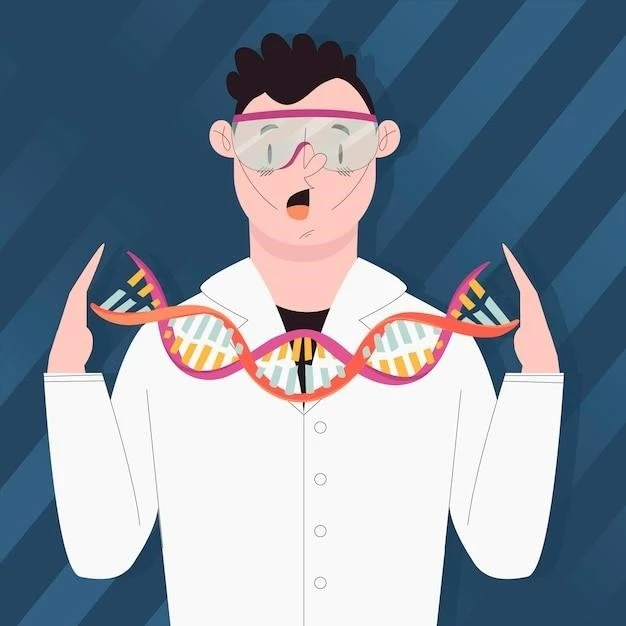Understanding Uniparental Disomy
Uniparental disomy occurs when a person inherits two copies of a chromosome from one parent instead of one from each parent. This can lead to genetic disorders and other health complications.
Definition and Mechanisms
Uniparental disomy can arise from different processes like trisomic rescue or gamete complementation. This results in an individual having two copies of a chromosome from one parent, leading to various genetic conditions.

Genetic Implications of Chromosome 21 Disorders
Chromosome 21 disorders, such as Down syndrome, involve an extra copy of chromosome 21. This genetic anomaly can result in a range of developmental and health challenges.
Trisomy 21 (Down Syndrome)
Down syndrome, caused by trisomy 21 where there is an extra chromosome 21, leads to intellectual disabilities, distinct facial features, and increased risk of certain health conditions. Early intervention and support are crucial for individuals with Down syndrome.
Clinical Manifestations of Uniparental Disomy
Uniparental disomy can lead to a variety of genetic disorders and health issues, depending on which chromosome is affected. Understanding the clinical symptoms and manifestations is essential for proper diagnosis and management.
Symptoms and Presentation
Uniparental disomy may present with developmental delays, congenital abnormalities, and intellectual disabilities. Other symptoms can include growth delays, facial anomalies, and various health conditions, highlighting the complexity and challenges associated with this genetic anomaly.
Management Approaches for Chromosome 21 Conditions
Effective management of chromosome 21 conditions involves early interventions, therapies, and specialized care to address the unique needs and challenges faced by individuals with these genetic disorders. Multidisciplinary approaches are essential for optimal outcomes.
Treatment and Care Strategies
Individuals with chromosome 21 conditions benefit from tailored treatment plans, including speech, physical, and occupational therapies. Ongoing medical monitoring, educational support, and family involvement are vital for managing the diverse needs associated with these genetic disorders.
Risks and Complications of Uniparental Disomy
Uniparental disomy can result in genetic disorders, developmental delays, and increased risk for certain health conditions due to the impact of inheriting two copies of a chromosome from one parent.
Potential Health Risks
Uniparental disomy poses risks such as intellectual disabilities, growth abnormalities, and susceptibility to genetic syndromes. The lack of genetic diversity from both parents can lead to a higher likelihood of health complications and challenges in affected individuals.
Research Advances in Chromosome 21 Studies
Recent scientific discoveries and innovations are enhancing our understanding of chromosome 21 disorders, including uniparental disomy. These advancements contribute to improved diagnostic tools, treatment options, and quality of life for affected individuals.
Recent Discoveries and Innovations
Advancements in genetic research have uncovered new insights into uniparental disomy and its implications. Innovative technologies and studies are shedding light on the complexities of chromosome 21 disorders٫ paving the way for more targeted interventions and personalized healthcare approaches.
Support Resources for Individuals with Uniparental Disomy
Community programs and assistance organizations offer valuable support to individuals and families affected by uniparental disomy. These resources provide essential guidance, education, and emotional assistance to navigate the complexities of genetic disorders.
Community and Assistance Programs
Community organizations and support programs play a crucial role in providing information, advocacy, and social networks for individuals with uniparental disomy and their families. These initiatives offer a sense of belonging, resources, and assistance in navigating the challenges associated with genetic disorders.
Familial and Inheritance Patterns in Chromosome 21 Disorders
Understanding the familial and genetic inheritance patterns of chromosome 21 disorders is essential for assessing risks٫ genetic counseling٫ and family support; Knowledge of how these conditions can be passed down within families is crucial in providing comprehensive care and guidance.
Genetic Inheritance and Family Dynamics
Chromosome 21 disorders can have complex inheritance patterns٫ impacting family structures and dynamics. Genetic counseling plays a critical role in informing families about risks٫ options٫ and the emotional aspects associated with these genetic conditions.
